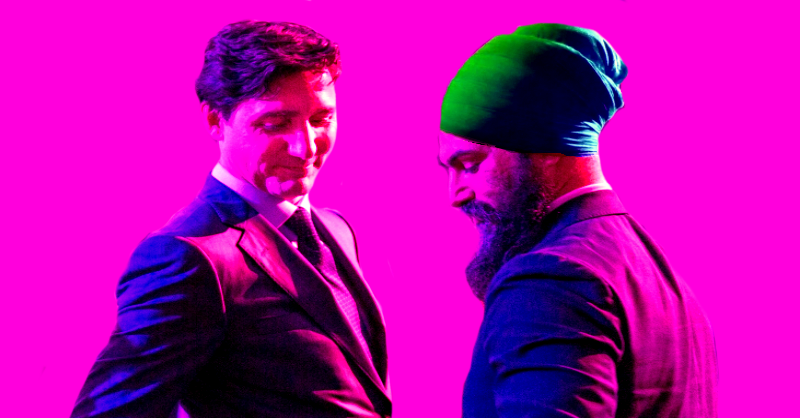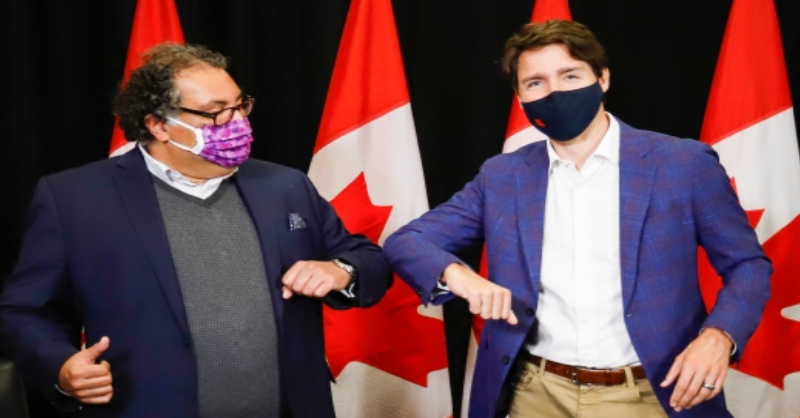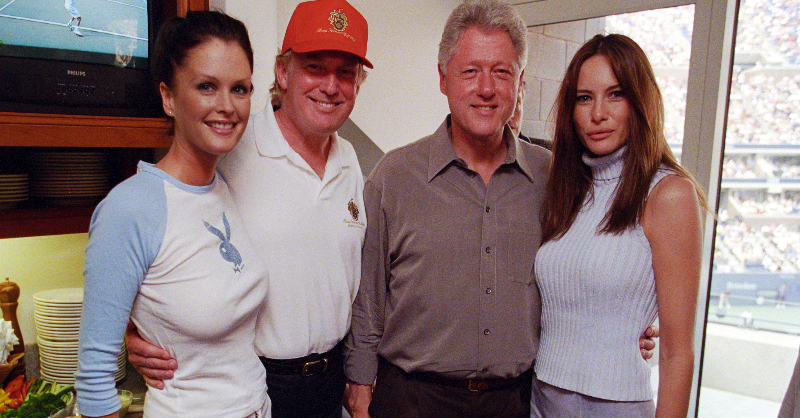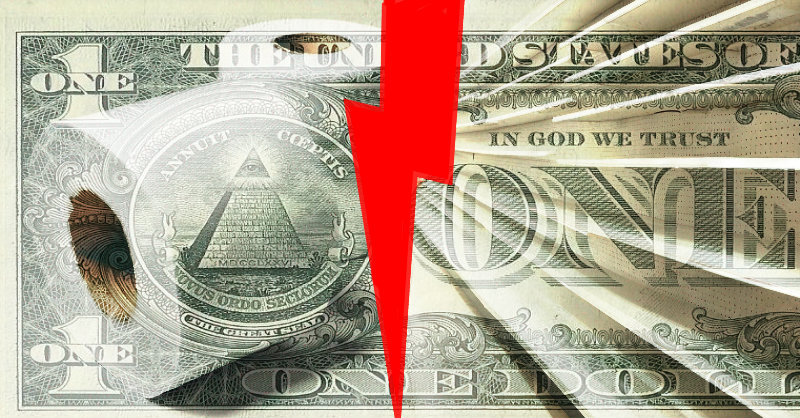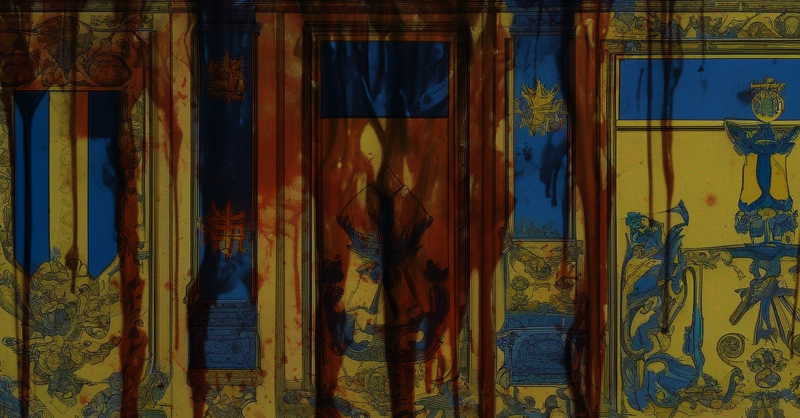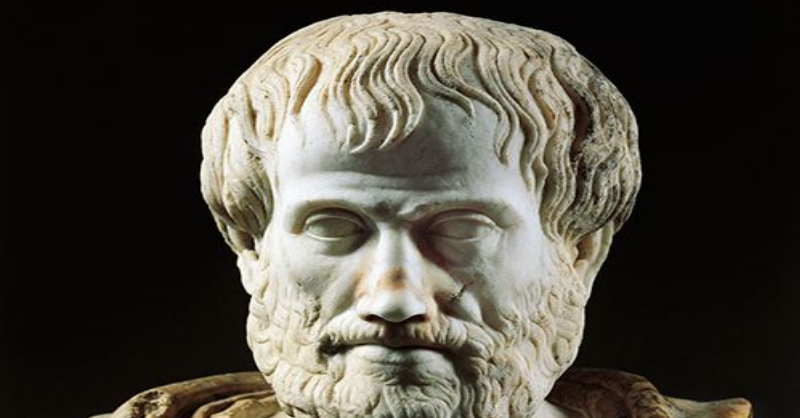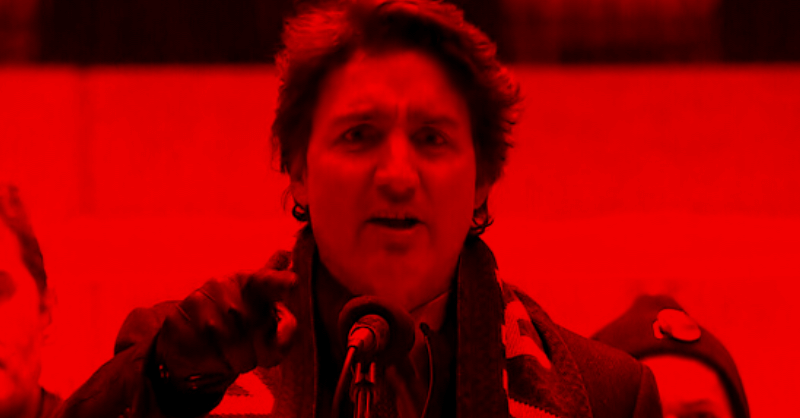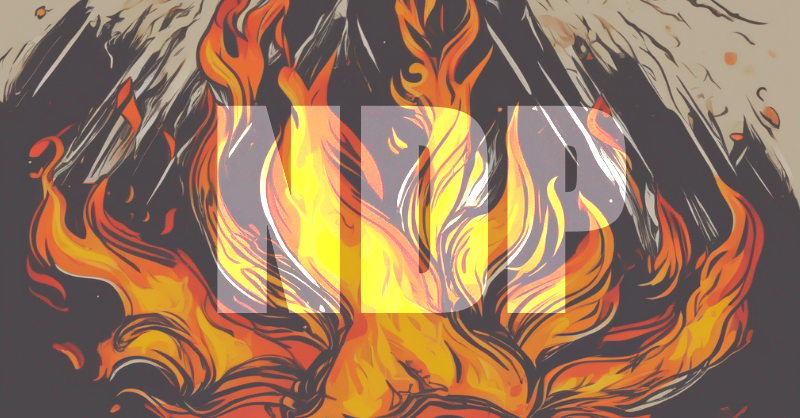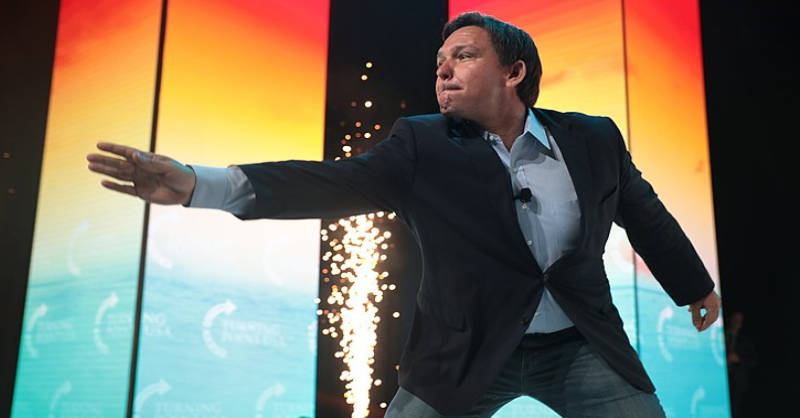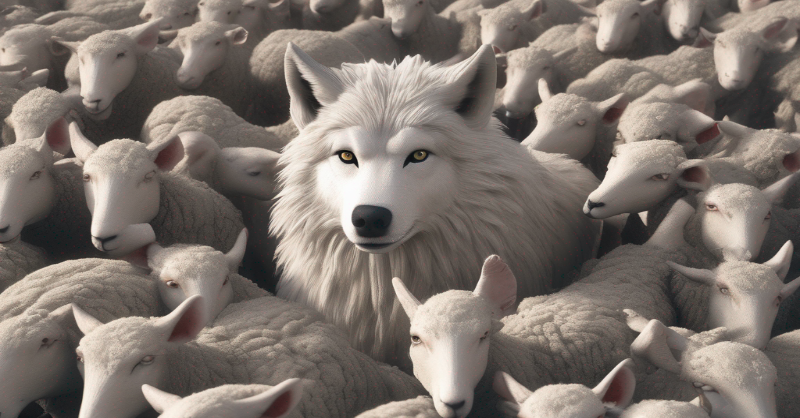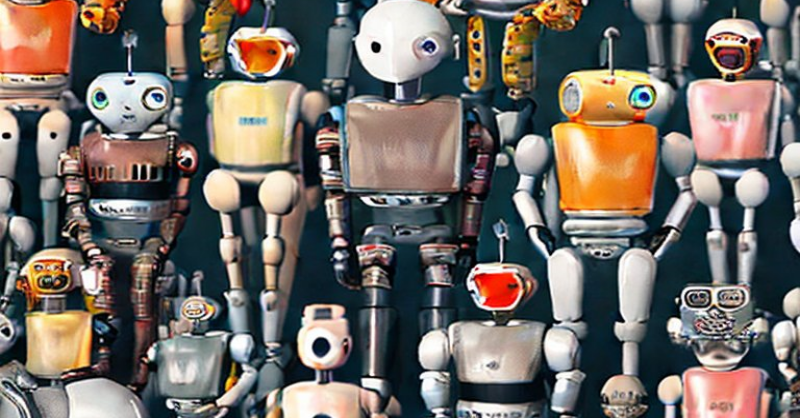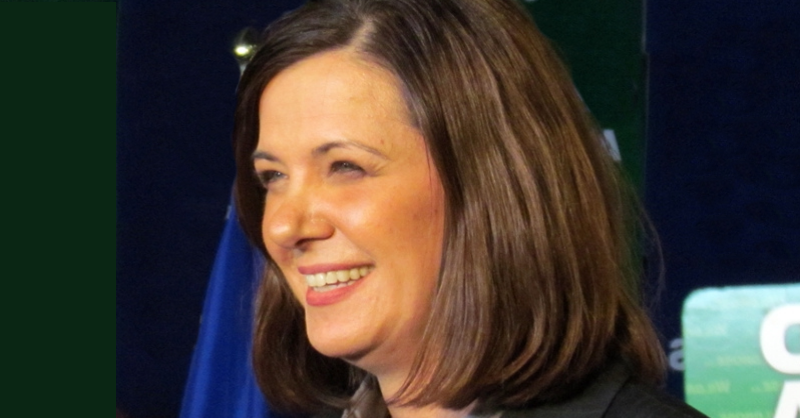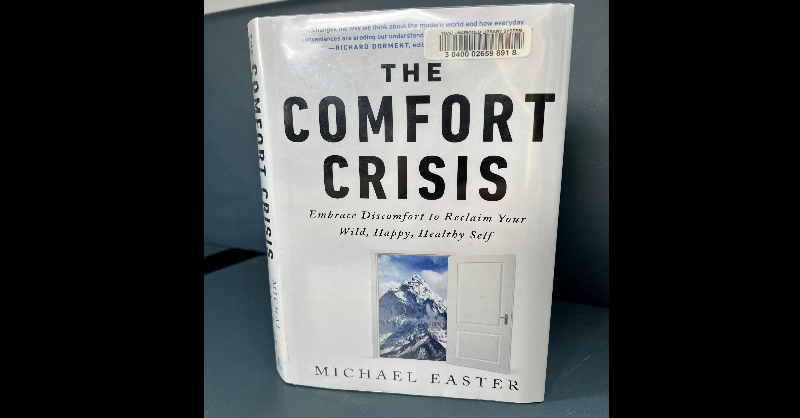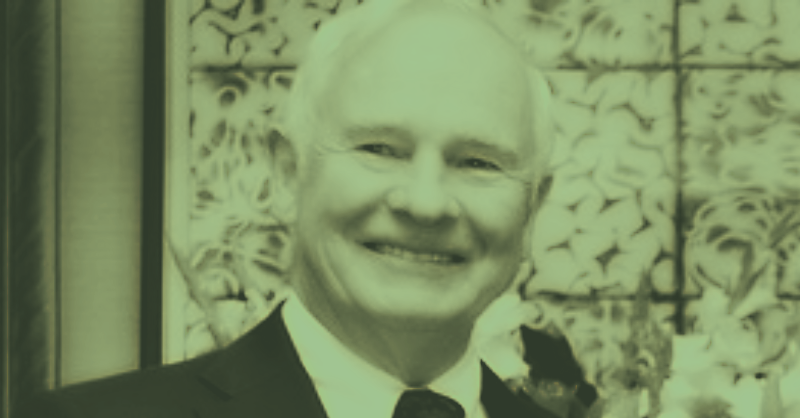Democracy creates a peculiar
phenomenon. It is a condition, much like
schizophrenia, where the afflicted entity, in this example, the United
States, exhibits a fragmented and contradictory personality. This
malady manifests in the form of frequent changes in leadership, with
new leaders emerging every few years. The effects of this condition
are far-reaching, impacting not only the domestic landscape but also
the international arena.
The constant change in leadership within a
democracy creates a sense of unpredictability and instability. It is
as if the democracy is unable to maintain a consistent personality,
oscillating between various ideologies and agendas with each new
leader. This lack of continuity makes it challenging for other
nations to establish and maintain meaningful relationships with a
democracy. After all, how can one negotiate and enter into agreements
with a partner who may change their mind, or betray their word at
any time.
The instability engendered by this schizophrenic
trait is particularly problematic when it comes to international
trade agreements and pacts. These agreements often require a
long-term commitment, and the constant change in leadership within a
democracy can lead to a lack of continuity in policy. New leaders may
arrive and reject the agreements made by their predecessors, leaving
the other nations involved in a state of uncertainty. Can they truly
trust us to uphold our end of the bargain when the person at the helm
may change in a few years?
This unpredictability, this seeming lack of a
unified identity, can have profound effects on how other nations view
and interact with these democratic entities. They are seen as
mercurial, their intentions as changeable as the wind. This can breed
both wariness and opportunity, depending on the nation observing and
the context of the times.
Trade agreements and pacts, the lifeblood of
international relations, can become as ephemeral as a desert mirage
under this schizophrenic dance. A deal struck under one
administration may be torn asunder by the next, leaving other nations
to question the value and reliability of such agreements. The ink on
a treaty may still be wet when a new leader takes the helm, their
eyes already scanning for loopholes and escape clauses.
The influence of this schizophrenic trait extends
beyond international relations. It can also have a profound impact on
the democracy's domestic landscape. The frequent change in leadership
can lead to a lack of stability and consistency in policy, making it
challenging for citizens to understand and adapt to the shifting
environment. New leaders may introduce new policies and regulations,
only to have them repealed or altered by their successors. This
creates an environment of uncertainty, where citizens and businesses
struggle to maintain their footing.
Yet, in this seeming chaos, there is also a
strange kind of order, a testament to the resilience and adaptability
of the democratic spirit. The ability to change course, to correct
mistakes, to constantly evolve and reinvent itself, is both the
greatest strength and the greatest challenge of a democracy. It is a
wild beast, untamed and unpredictable, yet also capable of great acts
of nobility and progress.
The schizophrenic nature of democracies may not be
a flaw, but perhaps a reflection of the complex and contradictory
nature of humanity itself. It is a mirror held up to our own faces,
showing us in all our glory and all our folly. And perhaps, in the
end, that is the greatest testament to the power and the promise of
democracy.
Bush To Obama To Trump
The transition from the eight years of George W.
Bush to the presidency of Barack Obama marked another sharp turn in
the American narrative. The era of the War On Terror and the
neoconservative agenda was seemingly replaced by a call for hope and
change, a reach towards a more inclusive and progressive society. It
would later turn out to be an era of racial tensions and failed
foreign policies; policies that merely continued the Bush era wars,
but in a different fashion.
As the sun set on Obama's tenure, the pendulum
swung once more—this time in drastic measure. The election of
Donald Trump brought a shift away from globalism and towards a more
insular, America-first policy. The world watched as treaties were
torn up and alliances tested. Many of his more isolationist policies
would be carried on by his cognitively impaired successor, Joe Biden.
Each of these transitions, each change of course,
has been a reflection of the schizophrenic nature of democracy, the
constant tug-of-war between different visions and values. It is a
dance as old as the nation itself, a testament to the enduring spirit
of the American experiment. Yet, from it all, there stems a level of
consistency and continuity at times. From a continuation of foreign
policies and wars, to the continuation of successful domestic
policies, from the chaos of schizophrenia there comes the stability
of order. A strange kind of order that only democracy seems to offer.
Light From The Dark Side Of Democracy
The schizophrenic nature of democracy often pits
people against each other, creating factions that vie for control.
The left and the right, each with their own ideological beliefs,
engage in a never-ending battle for supremacy. The left, with its
emphasis on social justice and equality, seeks to challenge the
status quo and push for progressive change. The right, with its focus
on individual freedom and limited government intervention, resists
these efforts, fearing a loss of personal liberty.
The schism within the democratic system is
deepened by the issue of race. The historical legacy of slavery,
segregation, and systemic discrimination has created a chasm between
black and white Americans. The left often advocates for policies that
aim to redress past injustices, such as affirmative action and
reparations. The right, however, sees these efforts as contradictory,
racist, and as a threat to the fabric of society.
In this climate of division, the political arena
becomes a battleground where each side seeks to gain the upper hand.
Political campaigns are waged with a focus on stirring up emotions,
rather than engaging in thoughtful discourse. The media, too, plays a
role in perpetuating the divide, as news outlets cater to specific
ideologies, reinforcing existing beliefs rather than challenging
them.
The people, caught in the midst of this melee,
become increasingly entrenched in their views. Democracy creates an
us versus them mentality, where individuals view those who
hold opposing beliefs as a threat to their very existence. The
resulting animosity leads to a breakdown in communication and a lack
of empathy between people on different sides of the political
spectrum.
In this cauldron of division, the democratic
system becomes increasingly dysfunctional. The schizophrenic nature
of democracy ensures that the government is often paralyzed by
partisan gridlock. The left and the right engage in a never-ending
cycle of finger-pointing and blame-shifting, rather than working
together to address the nation's problems.
The constant struggle for power and control
creates a climate of animosity and mistrust, leaving the nation
fragmented and divided. The democratic system, intended to provide a
voice for all, instead becomes a tool for stirring up conflict and
perpetuating discord.
In this bleak landscape, it is often difficult to
discern a path forward. This nature of democracy seems, to many, to
be an inherent flaw—one that cannot be eradicated without
fundamentally altering the system. Yet, it is in the midst of this
turmoil that the citizenry must find a way to come together, to
bridge the chasm that divides them. Only through a concerted effort
to engage in constructive dialogue and seek common ground can the
nation hope to overcome the schizophrenic nature of democracy and
forge a path toward a more harmonious future.
As with Franklin Roosevelt and Ronald Reagan,
Americans have triumphed in the face of division and allowed
democracy to unite them. Perhaps as our divisions grow deeper, a
sense of yearning to cooperate will again bring Americans together
under one, united cause. Even if this unity is temporary, it will
again show the resilience of democracy, and humanity's ability to
come together through darkness.
